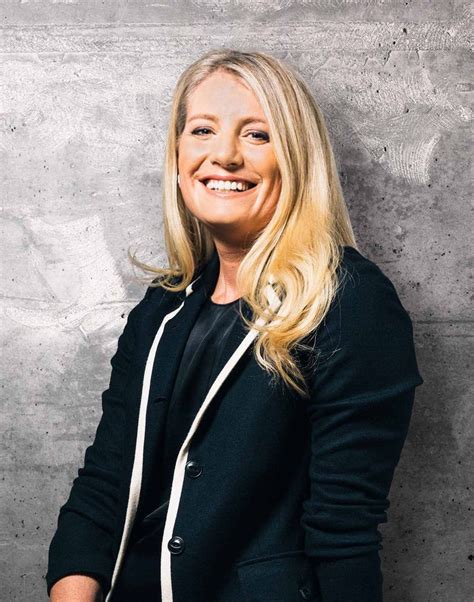A Quote by Robert David Steele
Complexity demands resilience, and that's what panarchy offers. Resilience in the face of complexity is a challenge even when you apply rigorous intelligence and integrity to develop a coherent and flexible strategy.
Related Quotes
With resilience you are learning to be flexible and take feedback on how people are experiencing what you are building, you're listening to what your customers are saying, you're building these relationships, and making better decisions over time. That all really starts with that resilience and that willingness not to be perfect.
If we want to postulate a deity capable of engineering all the organized complexity in the world, either instantaneously or by guiding evolution, that deity must have been vastly complex in the first place. The creationist, whether a naive Bible-thumper or an educated bishop, simply postulates an already existing being of prodigious intelligence and complexity. If we are going to allow ourselves the luxury of postulating organized complexity without offering an explanation, we might as well make a job of it and simply postulate the existence of life as we know it!

































